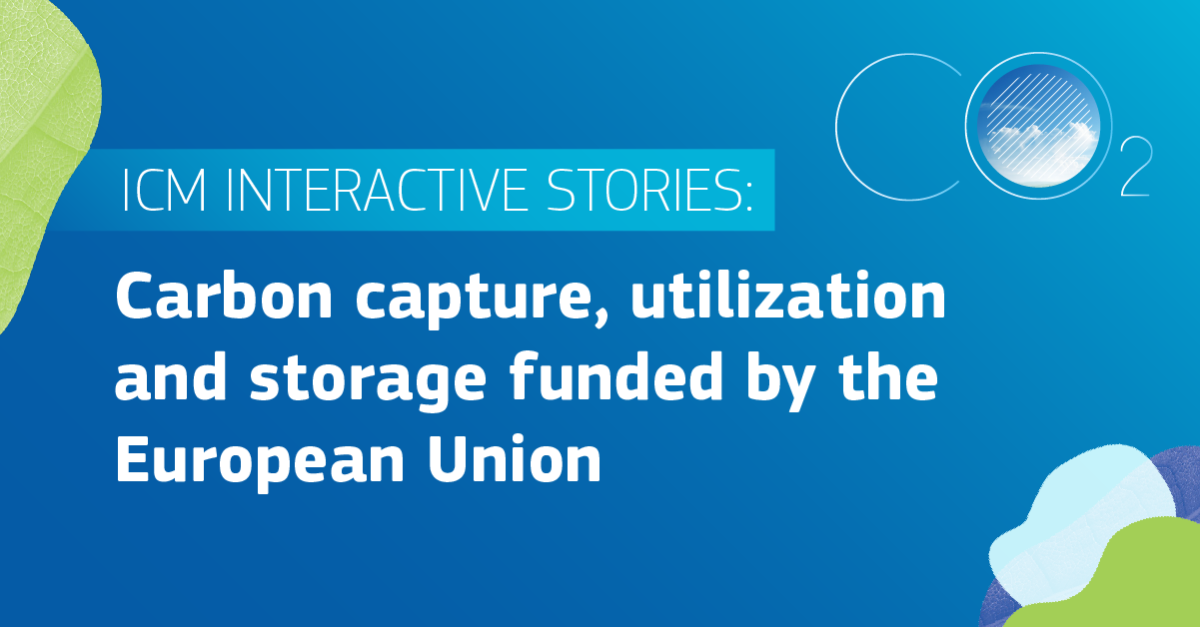The EU goal to achieve climate neutrality by 2050 relies, among other measures, on the investments in industrial carbon management technologies (ICM), which include carbon dioxide capture, utilisation and storage (CCUS).
The role of ICM solutions is further emphasized by the European Commission’s recently published strategy ‘Towards an ambitious industrial carbon management for the EU’ that foresees the work that needs to be done by both the Commission and Member States in view of incentivising the deployment of ICM technologies and infrastructure. According to the EU’s climate targets, at least 50 million tonnes of CO2 per year (Mtpa) will need to be captured by 2030, approximately 280 Mtpa by 2040 and up to 450 Mtpa by 2050.
The momentum for the support to investment in CCUS research and deployment has grown substantially in recent years. Since 2018, CINEA has built up a portfolio of a portfolio of 98 projects and actions involving EUR 4.03 billion in EU contributions, for 573 beneficiaries, from 41 countries across the ICM value chain. These projects are funded by three EU programmes: the Connecting Europe Facility for Energy (CEF Energy), the Innovation Fund (IF) and the Horizon Europe (Climate and Energy).
In order to illustrate the joint EU support to the industrial carbon management and synergies between the programmes that CINEA manages, the Agency has launched a new digital tool that allows viewers to interactively discover how the EU funding is distributed across the CCUS sector, what projects have received support and how these projects contribute to drive the European clean-tech innovation in the sector, to implement climate friendly solutions and to improve the environment and the life of EU citizens.
Check out the tool!
Background
A first prototype of the tool was released in November on the occasion of the 4th PCI Energy Days conference in Brussels (Belgium), and alongside the announcement by the Commission of the new list of ‘Projects of Common/Mutual Interest’ under the revised TEN-E Regulation, granting rights and access to public funding, among other, to important 14 cross-border CO2 networks in Europe.
While the European Commission was preparing the ICM strategy, CINEA gathered feedback on the prototype across stakeholders to produce the final version being launched today.

